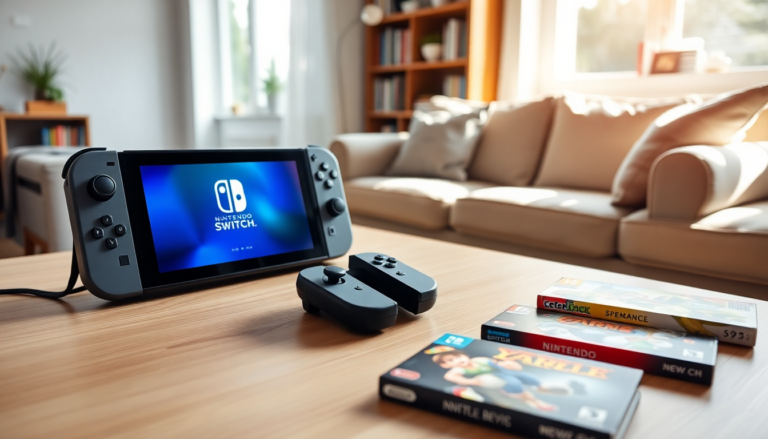Argomenti trattati
In a surprising twist, a Nintendo Switch 2 owner recently found themselves banned from online services after inserting second-hand games that turned out to be pirated. This incident highlights Nintendo’s unrelenting approach to protecting its intellectual property and serves as a cautionary tale for gamers about the potential pitfalls of buying used titles.
What Happened?
A Reddit user, going by the name dmanthey, experienced a frustrating situation after purchasing several used games from Facebook Marketplace. Assuming these games were legitimate, dmanthey eagerly inserted them into their console and updated them, ready for an exciting gaming session. However, the next day, a restriction message from Nintendo popped up, locking them out of online services.
This ban didn’t just prevent dmanthey from accessing online features; it also blocked them from downloading legitimate games they had previously purchased. Thankfully, after reaching out to Nintendo support and proving their unintentional involvement in piracy, the restrictions were lifted. Yet, this experience serves as a stark warning to other Switch 2 owners.
Nintendo’s Stance on Piracy
Nintendo has made a name for itself with its aggressive defense of intellectual property rights. Recent updates to their online user agreement empower them to render accounts “permanently unusable” for violations, which includes modding hardware and using pirated software. But what exactly triggers such a ban? The specifics remain murky, raising concerns among gamers about how easily they could be flagged.
It’s worth considering how this situation unfolded. Could dmanthey’s account have been flagged because multiple games were introduced all at once, or is there a larger issue at play? The risk of inadvertently buying pirated games is significant, particularly when it comes to second-hand titles.
A Warning for Gamers
If you own a Nintendo Switch 2, this incident underscores the importance of exercising caution when purchasing used games. While dmanthey was lucky to resolve their issue with Nintendo support, future buyers might not have the same luck. Without proof of purchase or a clear origin for the games, they could find themselves facing similar restrictions.
Moreover, the swift enforcement of such bans by Nintendo raises serious questions about user rights. With the Switch 2 being one of the fastest-selling consoles on the market, many gamers might unknowingly fall victim to these strict measures, losing access to games they have legitimately purchased.
While console gamers navigate these hurdles, PC users generally don’t face similar restrictions, sparking debates about ownership and rights in the gaming industry. Gamers invest substantial amounts into their consoles and games, and it’s essential they feel a genuine sense of ownership over their purchases, even as companies like Nintendo maintain a tough stance on piracy.
Conclusion
The experience of dmanthey serves as a cautionary tale for all gamers. As the gaming landscape continues to evolve, so do the risks tied to purchasing second-hand games. Being aware and transparent in your buying practices can help mitigate the chances of unintentional piracy. As Nintendo enforces its strict policies, gamers must remain vigilant to protect their gaming experiences.

